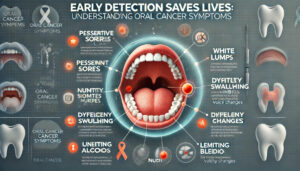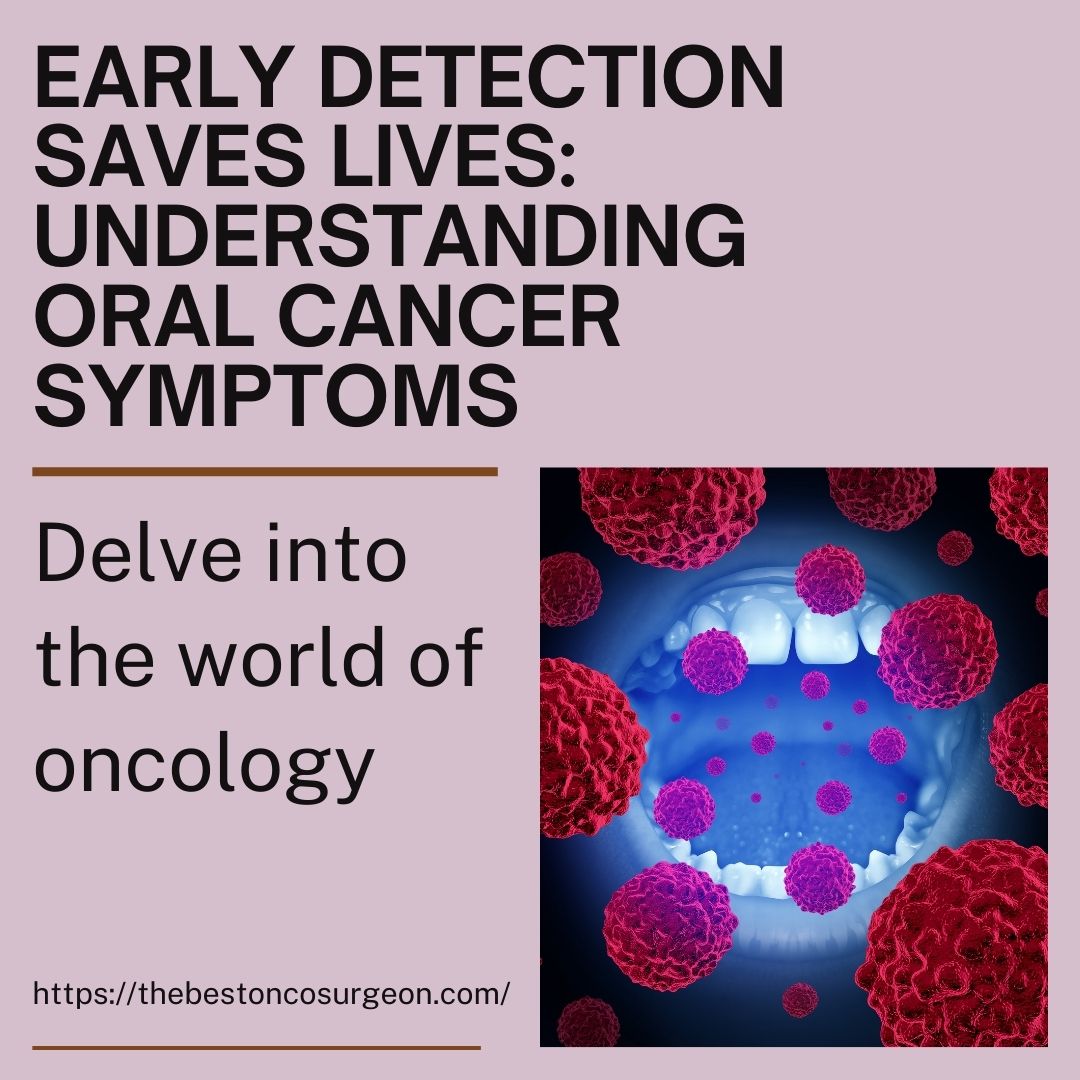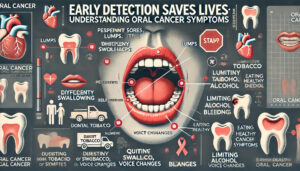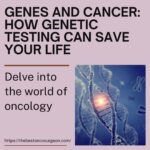Oral cancer, a significant health concern, affects thousands of people worldwide each year. Despite advancements in treatment, the survival rate for oral cancer patients remains closely tied to how early the disease is detected. Early detection significantly improves the chances of successful treatment and recovery. In this blog, we will explore the importance of early detection, the symptoms of oral cancer, and the steps you can take to stay vigilant about your oral health.

Why Early Detection Matters
Early detection of oral cancer is crucial for several reasons:
- Improved Treatment Outcomes: When oral cancer is diagnosed at an early stage, treatment options are more effective and less invasive. Patients have higher survival rates and a better quality of life post-treatment.
- Lower Risk of Metastasis: Early-stage oral cancer is less likely to have spread to other parts of the body. Containing the cancer to its original site allows for more targeted and successful treatment.
- Reduced Treatment Costs: Treating cancer in its early stages is often less expensive than treating advanced cancer, which may require more extensive surgery, radiation, and chemotherapy.
Common Symptoms of Oral Cancer
Recognizing the symptoms of oral cancer is the first step in early detection. Here are some common signs to look out for:
- Persistent Mouth Sores: Ulcers or sores in the mouth that do not heal within two weeks could be a sign of oral cancer.
- Unexplained Lumps: Lumps or thickening of the tissue in the mouth, neck, or throat should be examined by a healthcare professional.
- White or Red Patches: Patches of white or red tissue in the mouth or on the lips that persist and do not go away could indicate precancerous changes.
- Difficulty Swallowing or Chewing: Persistent difficulty in swallowing, chewing, or moving the jaw or tongue could be symptoms of oral cancer.
- Numbness: Numbness or a feeling of something being stuck in the throat that does not go away should be investigated.
- Voice Changes: Hoarseness or other changes in the voice that persist may be a symptom of throat or oral cancer.
- Unexplained Bleeding: Bleeding from the mouth without an apparent cause should be evaluated.
Risk Factors for Oral Cancer
Understanding the risk factors for oral cancer can help you stay proactive about your health. Some of the most common risk factors include:
- Tobacco Use: Smoking and using smokeless tobacco products are significant risk factors for oral cancer.
- Alcohol Consumption: Heavy alcohol use increases the risk of developing oral cancer, especially when combined with tobacco use.
- HPV Infection: Human papillomavirus (HPV) is associated with a subset of oral cancers, particularly those affecting the throat and tonsils.
- Sun Exposure: Prolonged exposure to the sun can increase the risk of lip cancer.
- Age: The risk of oral cancer increases with age, with most cases occurring in individuals over the age of 40.
- Diet: A diet low in fruits and vegetables may increase the risk of oral cancer.
Steps for Early Detection
To ensure early detection of oral cancer, consider the following steps:
- Regular Dental Check-ups: Visit your dentist regularly for check-ups and cleanings. Dentists are often the first to notice signs of oral cancer.
- Self-Examinations: Perform regular self-examinations of your mouth, lips, and throat for any changes or abnormalities.
- Quit Tobacco: If you use tobacco products, quitting can significantly reduce your risk of developing oral cancer.
- Limit Alcohol: Reduce alcohol consumption to lower your risk of oral cancer.
- Healthy Diet: Maintain a healthy diet rich in fruits and vegetables to boost your immune system and reduce cancer risk.
- Protect Your Lips: Use lip balm with SPF to protect your lips from harmful UV rays.
Conclusion
Early detection of oral cancer can save lives by allowing for more effective and less invasive treatment. By understanding the symptoms and risk factors, you can take proactive steps to monitor your oral health and seek medical attention if needed. Regular dental check-ups, self-examinations, and a healthy lifestyle are key components in the fight against oral cancer. Remember, being informed and vigilant can make all the difference in early detection and successful treatment.
For more information and resources on oral cancer, visit Dr. Shamsuddin J. Virani’s website. Stay informed, stay healthy, and prioritize early detection.





